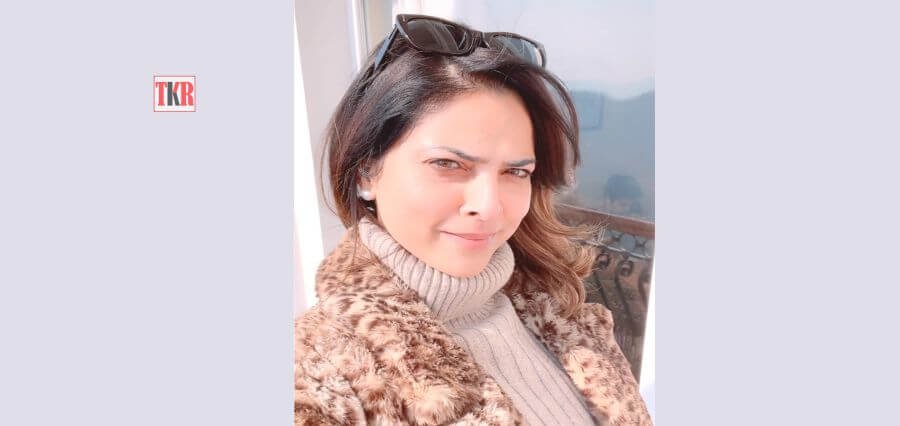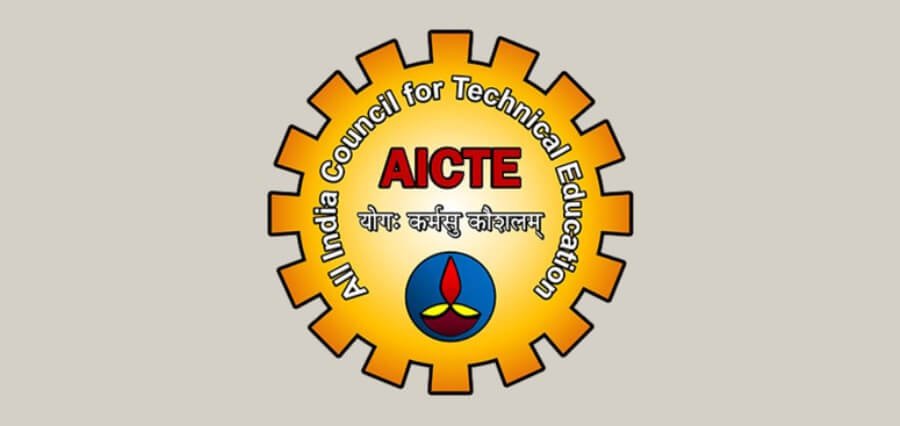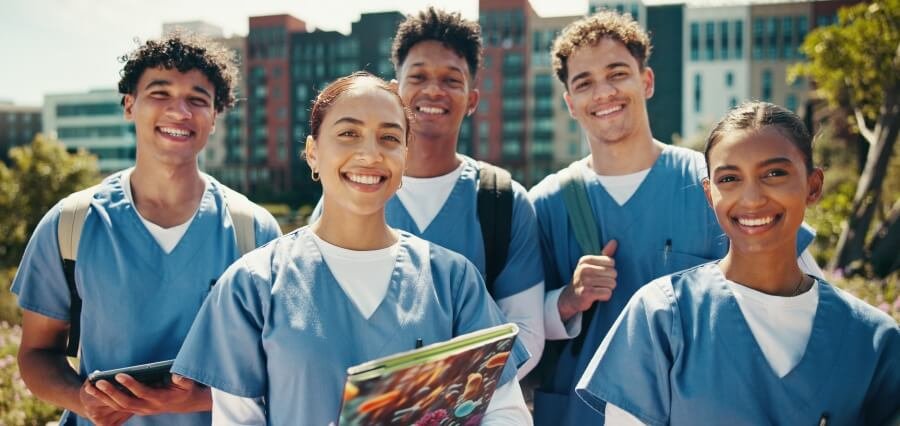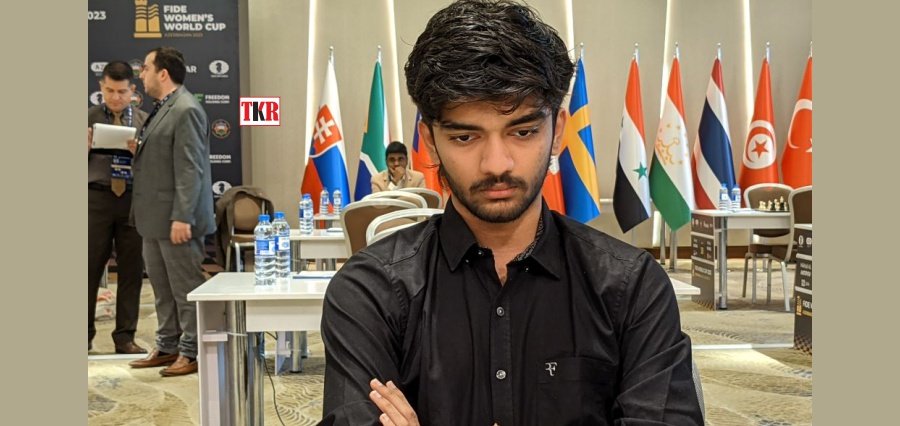The modern education industry is defined by its dedication to empowering students with innovative tools and implementing creative teaching strategies while prioritizing accessibility and diversity. This blend of advanced strategies, inventive teaching methods and a strong focus on inclusivity fosters critical thinking, creativity and problem-solving skills among students. It ensures that students are not only academically proficient but also emotionally and socially prepared to thrive in a globalized world.
These strategies are championed by a select group of proficient leaders who leverage cutting-edge technologies to enhance student engagement and improve learning outcomes. These leaders excel in project-based learning, continuous professional development and nurturing a collaborative culture. They address challenges such as unequal access to resources and outdated teaching methods, driving the education industry forward.
Adapting to these advancements with a passion for enhancing students’ learning experiences and a commitment to making education democratic is essential. Payal Khanna—the Deputy Director and Head of the Centre for Leadership Coaching at Shoolini University, advocates for a comprehensive approach within the education sector. She fosters a safe and supportive learning environment, promotes equitable access and utilizes learning analytics to benefit students, effectively preparing them for future challenges and opportunities.
The Power of Reflective Inquiry
Payal’s journey in education began with a focus on cultivating higher-order thinking skills essential for analyzing, evaluating and creating, moving beyond rote memorization. This approach has been applied to students aged three to 23, highlighting the need for adaptive educational methods across age groups.
A pivotal milestone in her career was integrating ICF executive coaching into academia, a program recognized with the Times Higher Education Award for Student Support in Asia in 2022 and endorsed by the International Coaching Federation.
This initiative promotes self-discovery and reflective inquiry, enhancing both academic performance and personal growth. Through innovative practices, Payal has dedicated her efforts to enhancing critical thought and self-growth, leading to profound student transformations and widespread recognition of her approach.
Creating Value through Education
Payal’s journey into education was profoundly influenced by Tsunesaburo Makiguchi’s influential work, “Value-Creating Education.” Makiguchi’s vision of education as a catalyst for individual growth and societal progress deeply resonated with her. Payal’s commitment to creating value through education became the cornerstone of her educational philosophy.
Further shaping her approach was the philosophy of Soka Gakkai International, particularly under the guidance of Dr. Daisaku Ikeda. Dr. Ikeda’s teachings build upon Makiguchi’s principles, advocating for global peace and humanistic values. SGI’s emphasis on unlocking each person’s potential and promoting a culture of peace aligns perfectly with Payal’s belief in education as a vehicle for personal and collective transformation.
Thus, Payal’s initial inspiration has progressed from valuing education as a tool for personal achievement to embracing its potential to contribute to the overall progress of the community and global harmony.
Promoting Global Harmony in Education
Inspired by Makiguchi, she believes in value-creating education that enables students to contribute positively to society. She asserts that education should make students happy, emphasizing the “Happy Student Concept.”
Following Ikeda’s vision, she encourages respect for humanity and global togetherness by emphasizing on compassion, respect for diversity and social responsibility, guiding students to make a positive impact on the world. She addresses academic, personal, emotional, and ethical growth to ensure holistic development. Payal’s approach to student-centered learning tailors experiences to meet differentiated needs, empowering students to take charge of their lives.
Collaboration with Reciprocal Teaching and Peer Learning
Payal has rolled out innovative instructional practices to increase student participation and academic achievement. She incorporates hands-on classroom activities and utilizes graphic organizers to help students grasp abstract concepts more effectively.
Mnemonics and acronyms are employed to simplify complex information, while role reversals and role play activities are used to build empathy and critical thinking skills. Additionally, Payal encourages reciprocal teaching and peer-to-peer learning to promote collaboration and active participation among students.
To further support creativity and learning, she has introduced buddy programs and facilitated the creation of documentaries. Payal also encourages students to participate in designing their exam papers, which enhances their engagement and promotes deeper understanding of the subject matter. Furthermore, she integrates project-based learning to connect classroom knowledge with real-world applications.
Innovative approaches such as the flipped classroom model and Socratic seminars are also employed by Payal to cultivate analytical thinking and create interactive learning environments for her students.
Unveiling the Impact of Teaching Methods
Assessing the impact of teaching can be daunting, yet several examples underscore its profound effects. Payal’s classroom and university-wide interventions, employing targeted coaching techniques, have garnered extensive feedback from hundreds of students, supported by a dedicated team of coaches. Many students have reported substantial advancement in communication, confidence and professional skills, which have propelled their career growth and personal development.
Payal’s study techniques have also been credited with students’ success in competitive exams, underscoring their practical influence on academic performance. Moreover, students have experienced stronger networking and influencing skills and improved self-esteem, significantly impacting their personal and professional lives. These qualitative outcomes, reinforced by student testimonials, vividly illustrate the deep impact of her teaching methods.
The Impact of Multimedia Content on Learning
Payal uses technology to create engaging and interactive learning environments. For example, she utilizes Learning Management Systems (LMS) like EUniv to deliver course materials, manage assignments and facilitate discussions, providing a centralized hub for student engagement.
Collaborative tools such as Google Workspace enable real-time collaboration on group projects and peer feedback, boosting teamwork and communication skills. Additionally, she incorporates multimedia content by using platforms like Mentimeter and Kahoot! for interactive quizzes and Edpuzzle for interactional video assignments, making learning more engaging and reinforcing key concepts.
Enhancing Teaching Effectiveness
To assess the impact of her teaching strategies, she employs a dual approach using personal and institutional metrics. She regularly collects student feedback through surveys and course evaluations to gauge perceptions of her teaching methods and their impact on learning outcomes. Analyzing student performance across assignments, exams and projects allows her to measure the efficacy of her approach and pinpoint areas for betterment.
Monitoring participation rates in classroom activities and online resource utilization helps evaluate student engagement and interaction levels. Teaming up with peers through observations and reviews offers additional perspectives on the effectiveness of her teaching methods. Payal also utilizes learning analytics from management systems to track student progress and assess how they interact with course materials, identifying areas where additional support may be beneficial.
By combining these methods with institutional evaluations, Payal gains a comprehensive understanding of the effectiveness of her teaching strategies. This approach guides continuous improvement and ensures her methods are aligned with augmenting student learning experiences effectively.
Nurturing Students’ Potential and Purpose
Payal’s long-term goal as an educator is to empower students to transcend their limitations and become confident, self-reliant individuals who create meaningful value in society. She aims to foster not just academic success but holistic development, where students enhance their reasoning ability and ability to tackle challenges and emotional resilience. By nurturing their potential and instilling a sense of purpose, she aspires to prepare them to be leaders and contributors who transform their communities for the better and uplift others.





